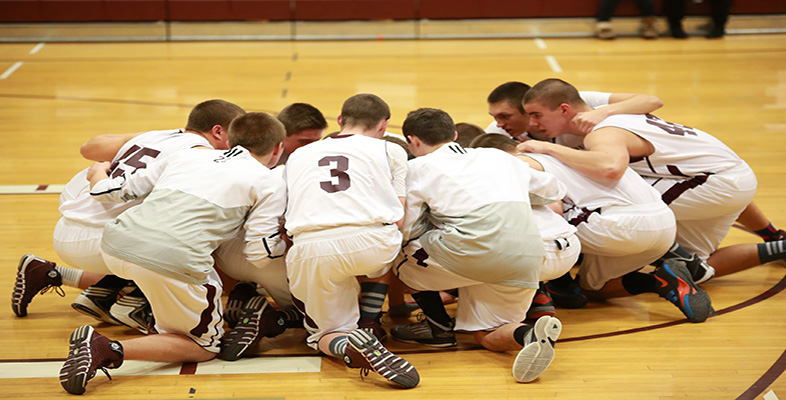3.1.4 Performing
Having completed or passed through the previous three stages, the team will be working productively together. They will be getting on with the task, producing results, and there will be good working relationships within the team.
Features of this stage
- The focus of the team has shifted from team process issues to the task that the team is undertaking.
- Individuals within the team know how to work with each other and how the team as a whole operates.
- The team is in a much better position to solve problems as they arise, rather than being thrown into disarray by unanticipated problems.
- There is a lot of progress towards the final project goals.
Advice for a virtual team
- In a virtual team, you lack many of the informal cues that are important for keeping a team working productively and easily together, such as how busy someone is, what they are working on and when they might be on holiday, ill, or otherwise unable to contribute to the team.
- Instant messaging software such as AOL Instant Messenger (AIM), Windows Live Messenger (otherwise known as MSN) and Yahoo! Messenger can be used to indicate team members’ availability and willingness to communicate. These indicators can be used to give a sense of the presence or an awareness of other members of the team in their physical absence. A more recent phenomenon, that of the Web 2.0 website Twitter, can provide a similar function: short updates on what a team member is doing, or thinking, at any moment in time.
- In the absence of these tools, an alternative or supplementary approach to using software that gives presence and awareness cues is just to give rather more explicit indications of how you are progressing. For example, it is helpful to your other team members to let them know when you will be unable to contribute to the team’s work because of holidays or other time commitments.
